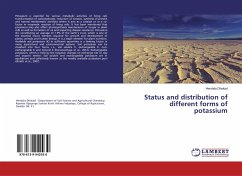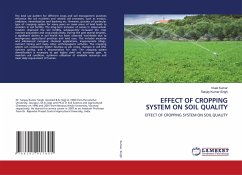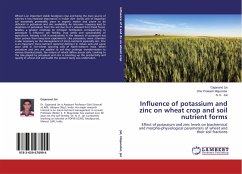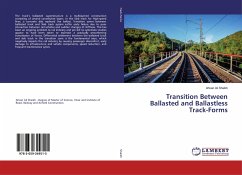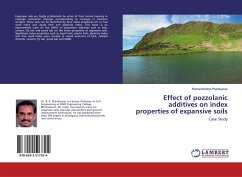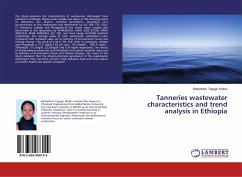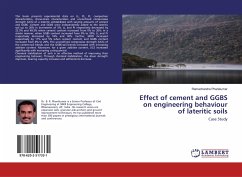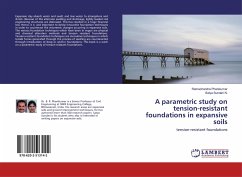Potassium is essential for various metabolic activities of living cell, transformation of carbohydrates, reduction of nitrates, synthesis of protein and normal meristematic activities where it acts as a catalyst or as a co-factor in enzymatic reaction of living cells. It has been mentioned that potassium may also affect photosynthesis maintenance of turgor in plant cells as well as formation of oil and imparting disease resistance. Potassium (K), constituting an average of 1.9% of the earth's crust, which is one of the essential macro element required for growth and development of plants, animals and human beings. It is a major element for plant nutrition. Available soil potassium (K) in sufficient quantities is a limiting factor in many agricultural and environmental systems. Soil potassium can be classified into four forms, i.e., soil soluble K, exchangeable K, non-exchangeable K and mineral K (Darunsontaya et al., 2012). Exchangeable potassium, which is held by the negative charges on exchange site of clay and organic matter. Soil soluble and exchangeable potassium are in equilibrium and collectively known as the readily available potassium pool (Shaikh et al., 2007).
Bitte wählen Sie Ihr Anliegen aus.
Rechnungen
Retourenschein anfordern
Bestellstatus
Storno

